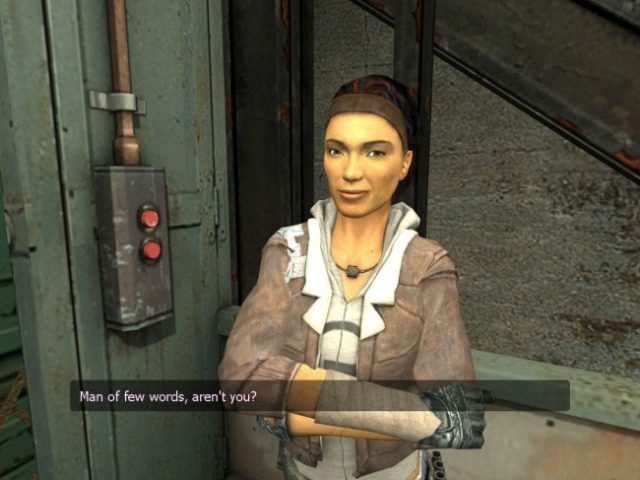The The Screen Actors Guild ‐ American Federation of Television and Radio Artists has officially commenced a video game voice actors’ strike in order to bring practices into line with Hollywood standards.
This has been in the cards for some time. After a contract between SAG-AFTRA and a selection of the biggest U.S. gaming publishers expired in 2014, the union began internal discussions. The strike was first officially announced on Sunday, October 16.
On Friday, SAG-AFTRA announced that “a last attempt” to reach an agreement with the publishers in question had failed. As of October 21, 2016, at 12pm PT, video game voice actors’ lips are sealed. The strike will affect publishers including Activision, Electronic Arts, Insomniac, Warner Bros. Games, and Take-Two. It will last until all four key issues outlined in the strike notice are resolved.
The guild wants contingent compensation on the back end for actors in games that are especially successful. They point out that games have surpassed the earnings of blockbuster films in “a multi-billion dollar industry.” They’re also looking for a pay increase for work that requires the potentially damaging vocal stress of things like screaming or vocalizing creature noises. Stunt coordinators are on the list as well, apparently not a current industry standard, even when actors are performing risky performance capture activities.
SAG-AFTRA also wants to see more transparency between members and their prospective employers, so that actors can make “a meaningful decision about whether to accept a role or to negotiate appropriate compensation if they do.” According to the document, companies “routinely engage performers without identifying the role or even the game that the performer is being engaged to work on and refuse to provide basic information about the nature of the performance that will be expected of them.”
The union summarizes their argument:
The videogame employers we are striking continue to operate under the terms of an agreement structured more than twenty years ago for an Industry that was only beginning to utilize professional performances. Since then, games have evolved to provide increasingly immersive and cinematic experiences that compete with television and theatrical motion pictures for consumer dollars. It is time for this now mature industry to pay and treat professional performers according to the standards and precedents that our union has established and defended for generations.
Scott J. Witlin of Barnes & Thornburg, negotiating on behalf of the companies concerned, does not believe that the strike will affect production. There are more than 5,000 voice actors currently working in the industry, and it’s unclear how many will participate. And, “given the long production cycle for a console game, the strike would have to go on for a very long time for it to have an impact.”
He also contends that the affected companies were willing to negotiate, but that “union leadership left mediation without providing a counteroffer.” They “urged union leaders” to place their offer before the general membership for a vote, “but union leaders refused.”
Hopefully, all parties concerned are able to reach some sort of compromise before participants are too negatively affected.
Follow Nate Church @Get2Church on Twitter for the latest news in gaming and technology, and snarky opinions on both.

COMMENTS
Please let us know if you're having issues with commenting.